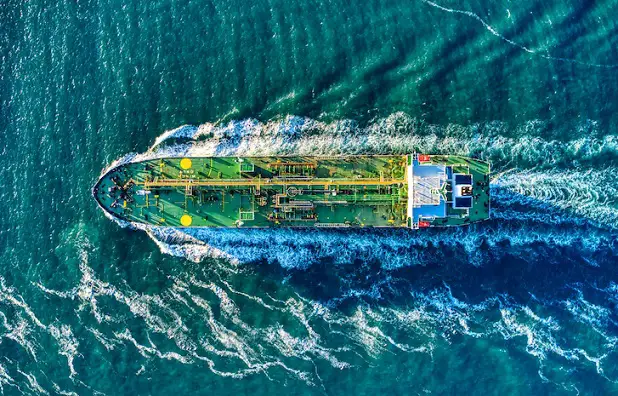On Tuesday, Bloomberg reported that shipments of Russian seaborne crude declined last week, however there is no indication that Moscow has implemented the 500,000 barrel per day cut in production output which the Kremlin had promised in response to Western sanctions.
Shipment volumes heading to China, India, and Türkiye – all countries which have declined to join Western sanctions against Russia – as well as cargoes with unconfirmed endpoints, fell by 90,000 barrels per day, to 3.23 million in the week ending March 17th.
In the same period, 30 tankers were loaded with 22.6 million barrels of Russian crude, according to ship tracking data. That marked a decline of 640,000 barrels, or 3%, compared to the previous week.
Even as shipments have declined, however, there is little evidence of a reduction in production, according to the outlet, which noted that for the first time since last April, the nation’s storage tanks are topping 15 million barrels.
Export volumes heading to Asia, as well as cargoes with no final destination remained almost unchanged, at 3.18 million barrels per day in the period ending March 17th. Indications are that most cargoes presently labeled “Unknown Asia,” are in fact heading to India or China, according to Bloomberg.
Cargoes labeled “Other Unknown,” which make up 356,000 bpd over the four weeks ending March 17th, are loaded on tankers which appear to be heading to the Spanish North African city of Ceuta, the Greek port of Kalamata, or no destination listed. According to Bloomberg, these cargoes likely will arrive in Türkiye.
At the same time, Russian crude is increasingly being transferred ship-to-ship in the Mediterranean, with at least 50 cargoes transferred between ships off the coast of Ceuta, and off the Greek coast around Kalamata.

